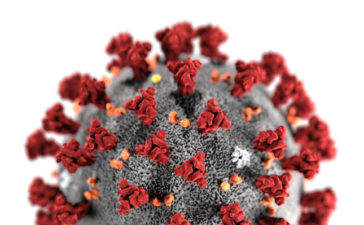Women who can overcome the urge to smoke during their periods may find it easier to quit during rest of the month as nicotine cravings go up significantly after menstruation, new research shows.
“Our data reveal that incontrollable urges to smoke are stronger at the beginning of the follicular phase that begins after menstruation,” said Adrianna Mendrek from University of Montreal in Canada.
The findings could lead to gender-specific treatment to help people quit smoking.

“Taking the menstrual cycle into consideration could help women to stop smoking,” Mendrek explained.
“Hormonal decreases of oestrogen and progesterone possibly deepen the withdrawal syndrome and increase activity of neural circuits associated with craving,” Mendrek added.
It could be easier for women to overcome abstinence-related withdrawal symptoms during the mid-luteal phrase, i.e. after ovulation, when their levels of oestrogen and progesterone are elevated, she explained, noting that psycho-social factors cannot be excluded altogether.

The researchers came to their conclusion by working with 34 men and women who each smoke more than 15 cigarettes a day.
They filled out questionnaires and underwent MRI (magnetic resonance imaging) brain scans, which were taken while they looked at either neutral pictures or pictures designed to make them want to smoke.
“A greater knowledge of the neurobiological mechanisms governing addiction should enable us to better target treatment according to the smokers profile,” Mendrek pointed out.





